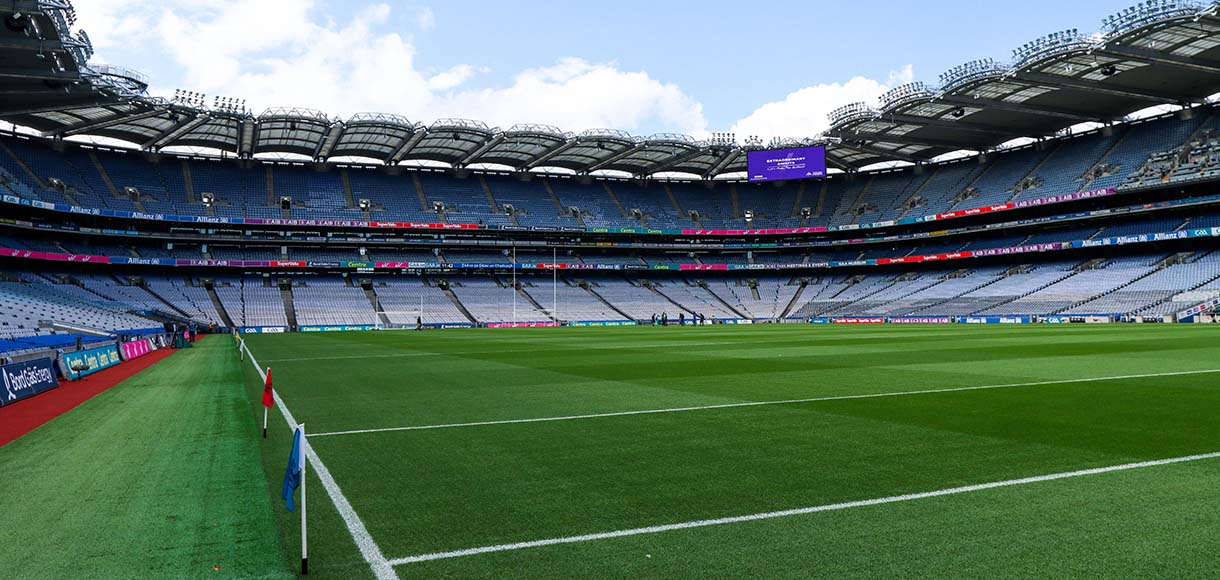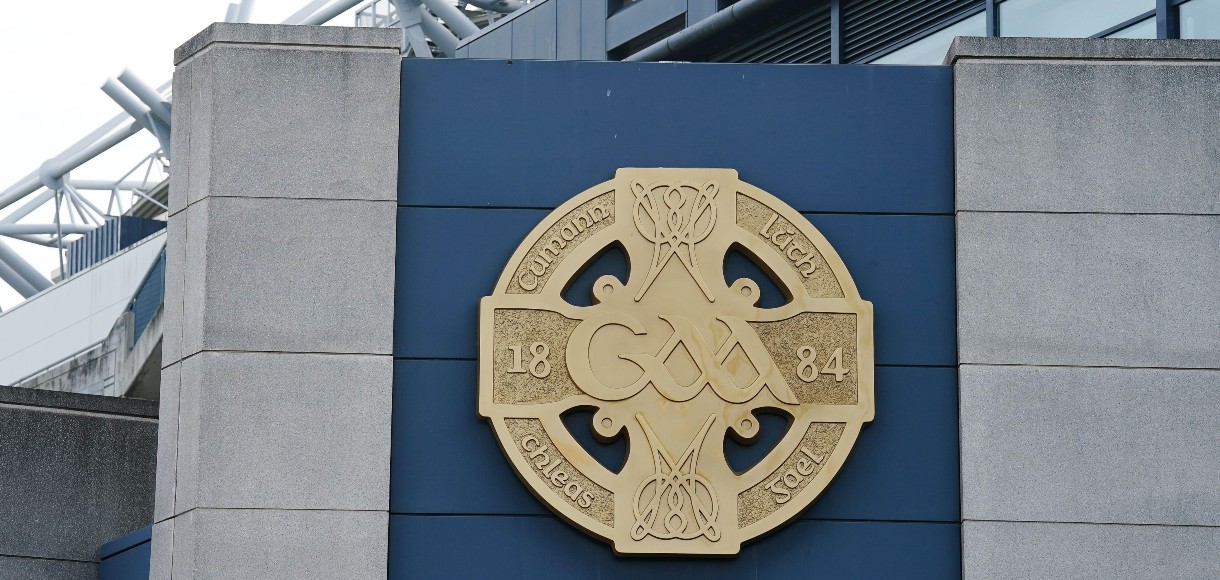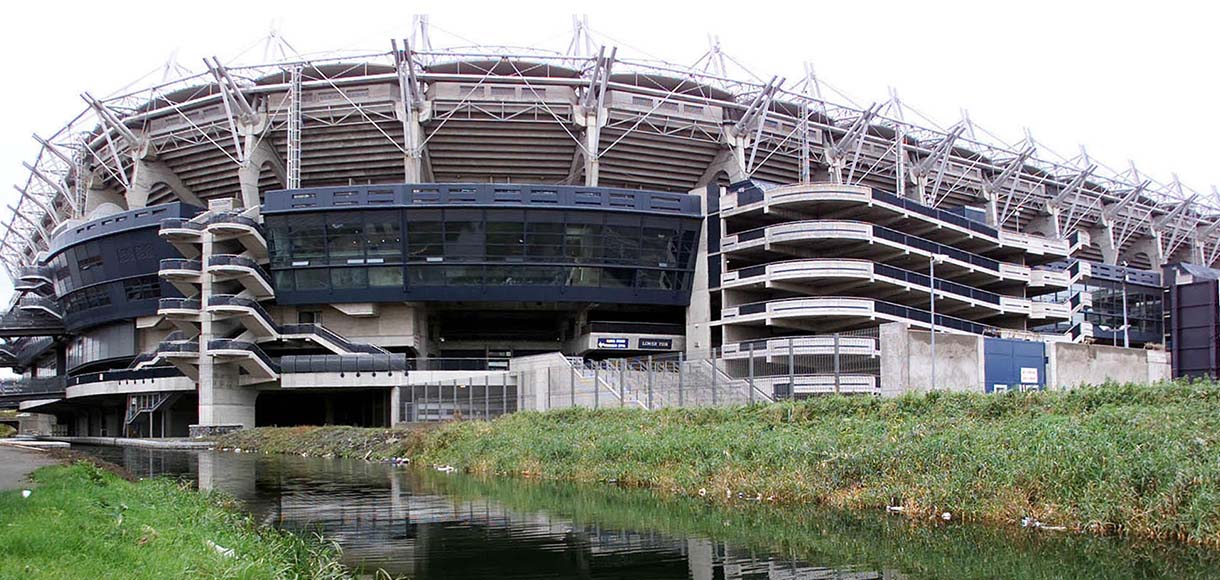Shane Stapleton: Dominant Limerick should punish Tipperary
 Source: Alamy Stock Photo
Source: Alamy Stock Photo
In his weekly GAA column for the Betway Insider, Shane Stapleton assesses Tipperary's chances against Limerick this weekend.
You might call Limerick’s style of play heavy metal hurling.
They press, harass, and bludgeon you without the ball, and when the sliotar is in their hands they play in triangles so that you’re running around in circles.
Should Jurgen Klopp ever take a fancy for the ancient game, he might well look at the men in green as hurling’s answer to Liverpool’s ‘mentality monsters’. The Reds are chasing a famous quadruple, while the Treaty are looking for four of their own — that being the number of All-Ireland titles they’re aiming for within five years.
Historically, the notion of Limerick dominating to such a degree would have been unlikely, the numbers tell you as much. Just ten All-Irelands up to now, and almost one-third of those under current manager John Kiely.
Tipperary visit the Gaelic Grounds this weekend and, despite maestro Cian Lynch being absent for the hosts, there’s a general consensus that this will go only one way.
And why wouldn’t it? As former Tipp and Dublin hurler Ryan O’Dwyer opined to me this week: “Is there a style of play with Tipperary at the moment? No, there’s not, and every team should be known for something… what is Tipp’s brand, what are they unique for? Nothing, at the moment.”
He agreed, however, that a confluence of factors has created huge hurdles for manager Colm Bonnar in his first season.
Two of the Premier’s best-ever players — Paudie and Brendan Maher — retired or were forced to, upcoming stars and Fitzgibbon Cup winners in Bryan O’Mara and Ciaran Connolly took a year out to travel, John O’Dwyer (knee injury) and Niall O’Meara are unavailable for 2022, while 2019 Hurler of the Year Seamus Callanan has been unable to feature yet due to a broken hand and subsequent infection.
Willie Connors, John McGrath, James Quigley and Jason Forde have all joined the injury list during the season, meaning Bonnar is operating without the nucleus of a full team, even if several are no longer at their peaks.
Seven of those players — including an entire full-forward line — were part of a Tipp side that beat Limerick with just 14 men six years ago — and oh, how times have changed.
Tipp’s absences and retirements have created a vacuum that inexperienced players cannot be expected to fill, particularly as young men who won it all at Under-21 and Under-20 in 2018 and 2019 respectively were not given sufficient game-time over the past three seasons. So should Bonnar want excuses heading into the belly of the beast this weekend, he has any amount of them available.
The issue is whether enough progress has been seen in spite of this, and whether he is maximising what is at his disposal. The inconvenient truth is that the Tipp public are frustrated at an incoherent playing style, players being used out of position, and being outmuscled in defeat to Clare last time out.
In the first four league games, Tipp managed just one goal and that came from an intercepted puckout against Kilkenny. A weakened Antrim were sundered for seven goals and the Premier did show a thirst for blood that day, but otherwise it has too often felt like hurling from the nineties.
Whereas a successful modern team such as Limerick play hurling based on marginal gains — and it helps that their coach Paul Kinnerk is considered a maths genius. A Rain Man with a bag of sliotars, if you will.
Nothing is left to chance with the Treaty — they turned 72 per cent of their short puckouts into possession in the opposition half on day one against Cork, they coach their side to win more breaking ball than everyone else (that doesn’t happen by accident), and understand when to play through the hands or the hurley.
That last point might seem something of an obvious, or even a throwaway point to make, but delve deeper and its significance is laid bare.
In the first half of their win over the Rebels in their Munster opener, both sides attempted roughly the same number of hand-passes versus stick-passes. Cork: 22 hand and 31 stick, Limerick: 20 hand and 30 stick. Ostensibly, you’d expect the same outcome from similar inputs.
The scoreline was close enough at the break (2-9 to 1-8 for the Treaty) but the warning signs of Cork’s impending collapse were showing. The Rebels try to do the right thing, but either their coaches are missing certain details, their players are failing to grasp them, or Limerick pummelled them physically until their brains collectively scrambled. Ultimately, it leads to trying stick-passes in tight spaces, and getting hit hard.
Limerick’s great quality is consistently doing the right thing under duress with the ball. Pass and move, hand-pass and give to the man in the better position, go again until a player is driving forward into space with options. Pass and move, then punish with the stick.
In their two games against Cork and Waterford, they created 95 scoring chances with a return of 2-55, at the other end, they offered up 72 chances at a cost of 3-38. The little things keep adding up.
So they will in all likelihood against Tipperary. A team in year six playing heavy metal hurling, against a Tipp side unsure of its identity.




































